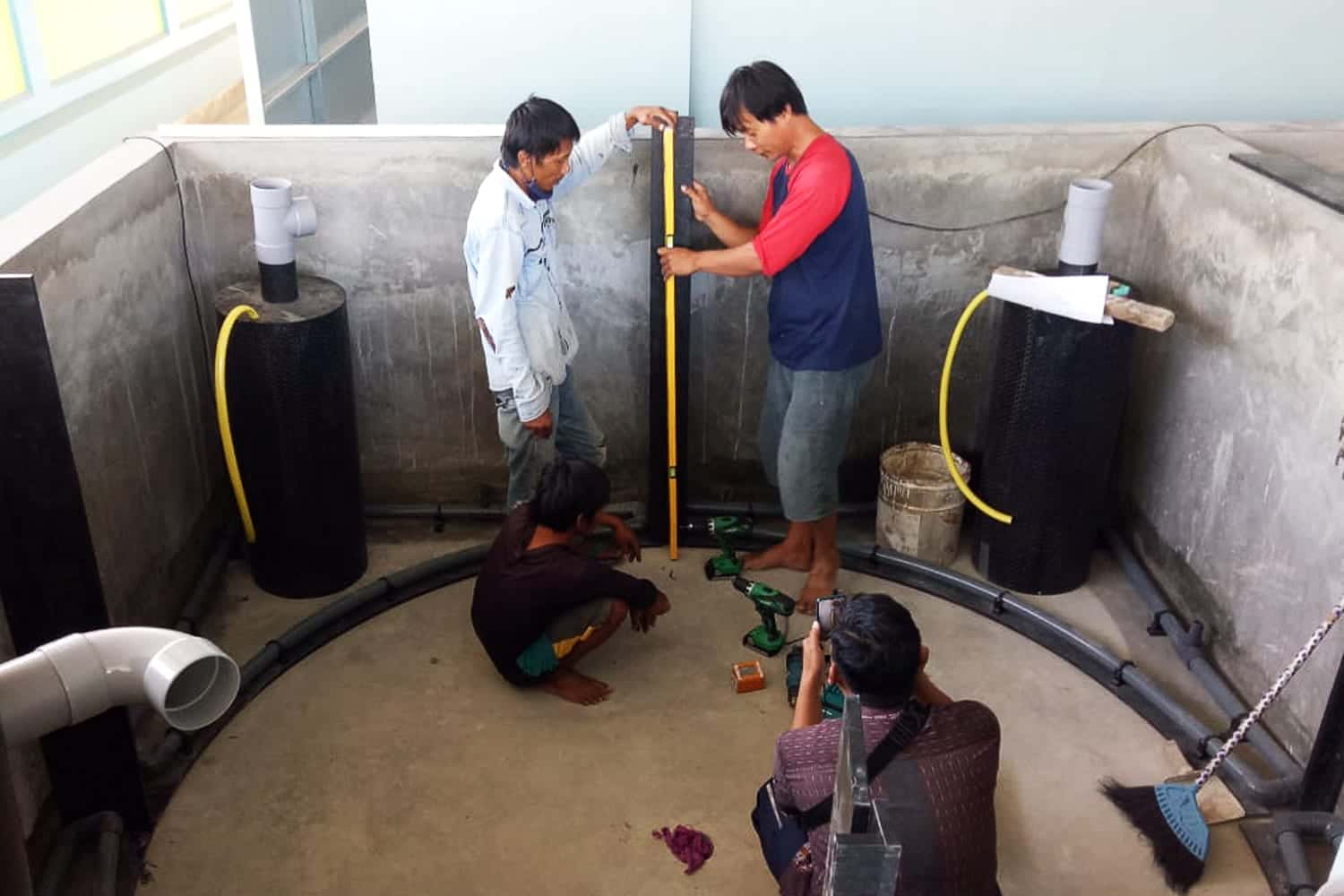Remote communication through the local team
A big portion of the Larive Group projects in Indonesia are private-public partnership projects (“PPP’s”) and they are substantially reliant on expertise from the Netherlands visiting Indonesia to either implement projects or transfer knowledge. This working method came to an abrupt end at the start of the COVID-19 pandemic when Indonesia closed its borders to virtually all foreigners and has kept them firmly shut ever since. With many of these projects located in rural areas with virtually no access to modern communication technology (that most of us in urban areas take for granted) and team members only able to speak Bahasa Indonesia, switching to Zoom or Microsoft Teams meetings was not a viable solution to keep these projects on track.
Therefore, we had two options: 1) mothballing the projects until the COVID-19 pandemic had passed and the borders reopened or 2) think outside the box to come up with a hybrid virtual/face-to-face communication method. As the first option suggested a passive attitude, we decided very early on to choose the latter.
Long-distance fish farm construction
In June 2020, just as Indonesia was taking its first baby steps out of its first lockdown but with travel still discouraged, it was time to start construction of our first demo fish farm and hatchery as part of the FishtechIndonesia aquaculture PPP, a project focused on the sustainable production of freshwater fish. This would be the first freshwater fish farm in Indonesia to use RAS technology in which each pond has its own recirculating water filtering system which maximizes aquaculture growing and living conditions with a minimal input of resources.
4G communication on a good day
The original plan was for the project engineering team to visit Indonesia for two months to supervise the construction process. But with Indonesia’s borders closed, an alternative plan had to be created. Luckily, the Indonesian host of the demo farm, an aquaculture farmer, also owned the contracted construction company. Therefore, it was possible to form an onsite bubble with the construction team and translator all living on-site for the total project duration. With only mobile internet (4G on a good day otherwise 3G, it still is a rural area), the project engineer and construction team (via translator) communicated through WhatsApp video calls on a near-daily basis; with the project engineer and supervisor providing verbal instructions which were then translated and relayed to the construction team. One can imagine this process had quite a steep learning curve, even more so when you consider this was the first high-tech fish farm the construction team had ever built, and none of the team experienced to such an extreme of receiving instructions through digital video calls for delicate electrical and mechanical engineering process. But by building a strong communication bond between the Dutch engineering team and the Indonesian construction team, construction was finished ahead of schedule with construction quality complying with the highest norm set by the Dutch engineering team. The hatchery and farm started operations in November 2020 and just last week had its first catfish harvest with production far exceeding expectations.
Long-distance poultry training
As part of another ongoing project, FoodTechIndonesia, focused on the poultry value chain, we are providing training to poultry farmers. In theory, this should be relatively easy with online training. But alas, the poultry farmers do not have reliable internet access, have very limited English comprehension, and no experience of attending virtual meetings nor participating in 15 hours of theoretical and practical training. It was feared that online training would be ineffective with farmers missing sessions and absorbing very limited amounts of knowledge. But by thinking outside the box, and with relaxation of social restrictions, we were able to hold hybrid virtual/face-to-face training sessions with the poultry farmers sitting together in a classroom (adhering strictly to Covid-19 protocol of testing, masks and social distancing) and the trainer beamed on to a large screen with interactive audio. Participants were also able to undertake the practical training sessions in the morning by visiting the FoodTechIndonesia upgraded broiler farm. And in the end, participants rated the training very highly, felt that they had absorbed a lot more knowledge than if it was pure online training and enjoyed bouncing and discussing ideas with other master trainers who had similar experiences.
In conclusion, the Covid-19 pandemic has changed working patterns globally and is challenging to everyone, but by thinking outside the box and coming up with creative solutions we can ensure that international projects can continue regardless of the outside challenges.



